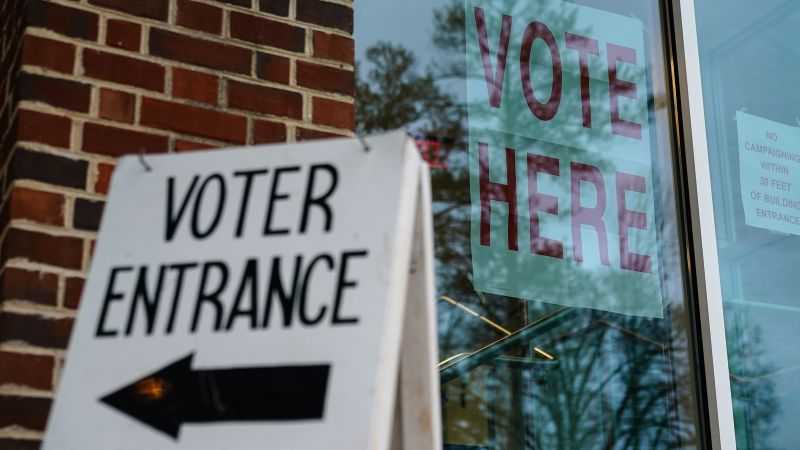House Republicans are considering the option of forcing a government shutdown over the issue of noncitizens voting in US elections. The current government funding authority is set to expire on September 30, and House Speaker Mike Johnson, influenced by former President Donald Trump, is proposing a bill that would require proof of citizenship for all Americans to vote. However, the bill lacks enough support to pass through the House with only Republican backing, as Democrats are expected to oppose it.
Critics argue that it is already illegal for noncitizens to vote, and the risk of prosecution and deportation serves as an effective deterrent for those who have immigrated to the US. It is common practice for states to verify voter registrations against Department of Motor Vehicles or Social Security databases, and reviews of voter rolls have shown minimal instances of noncitizens attempting to vote. Despite occasional glitches in a country with a population exceeding 330 million, the issue of noncitizen voting is currently manageable.
Texas Governor Greg Abbott reported finding over 6,500 potential noncitizens on the voter rolls, with less than 2,000 having a voting history. However, no one has been accused of voting illegally in this case. In Ohio’s review of voter rolls, nearly 155,000 abandoned or inactive voter registrations were removed, with only 597 being referred for further review for potentially registering as noncitizens. Arizona faced disenfranchisement issues when establishing a proof of citizenship requirement for voter registration in 2004.
Georgia’s citizenship review of voter rolls uncovered 1,634 individuals who attempted to register but could not be verified. None of these registrations were associated with actual votes in an election. In Pennsylvania, a glitch in the voter registration process allowed noncitizens to unknowingly register to vote between 2006 and 2017. Similarly, Kansas saw a federal court reject a 2020 law that mandated proof of citizenship due to the minimal number of noncitizens attempting to register to vote.
The Heritage Foundation has documented a total of 25 cases of prosecution for voter fraud related to citizenship issues over more than 20 years. While there are concerns about vulnerabilities in the US election system, the instances of noncitizen voting are rare and typically addressed through legal channels. Despite varying views on the necessity of providing proof of citizenship for voter registration, the evidence suggests that the current system is largely effective in preventing noncitizens from participating in American elections.


